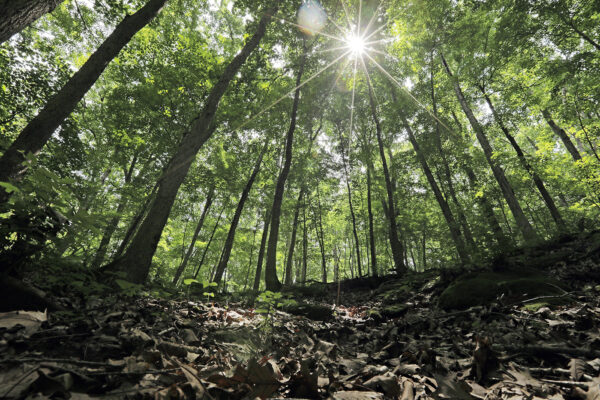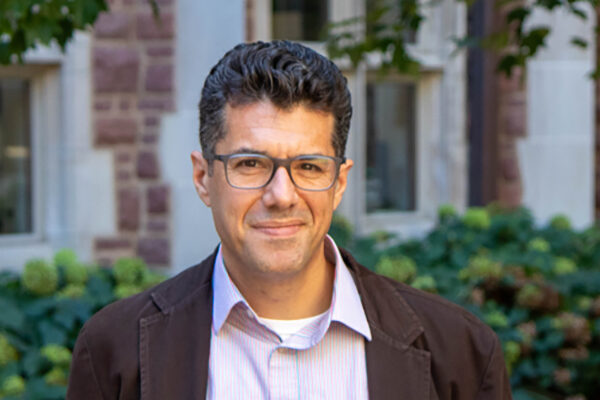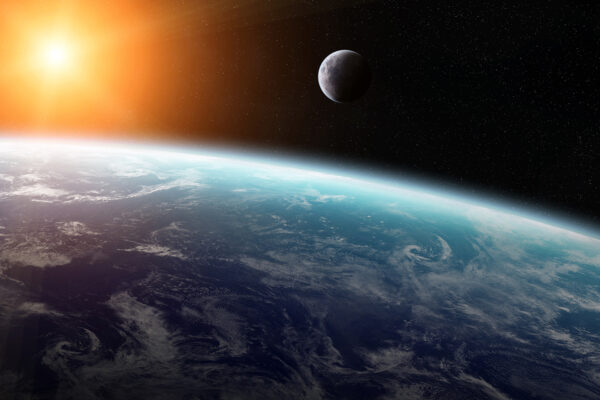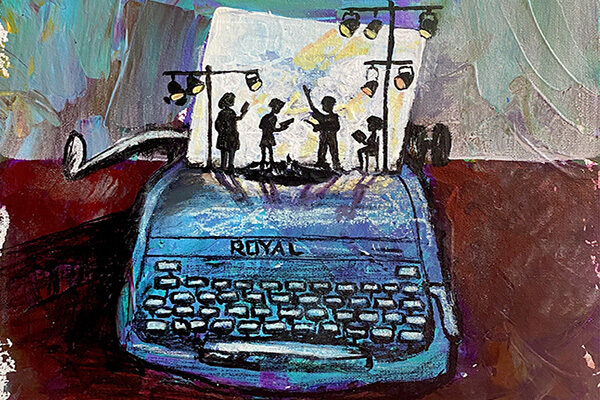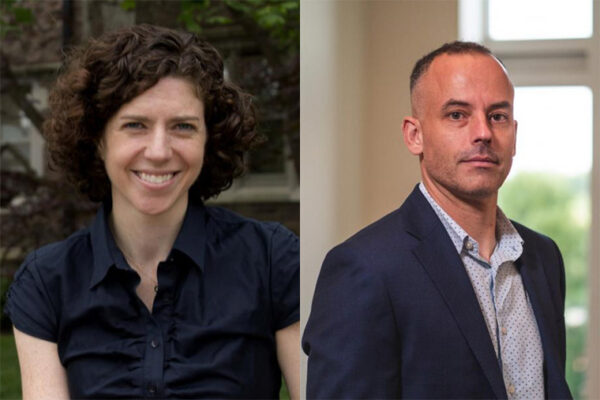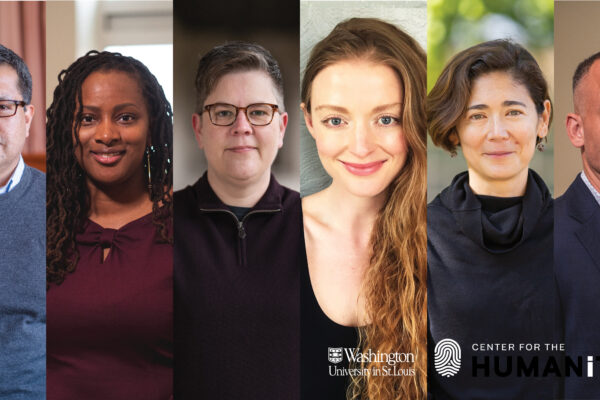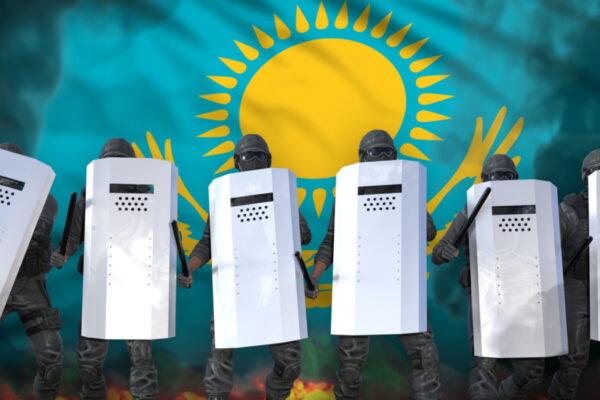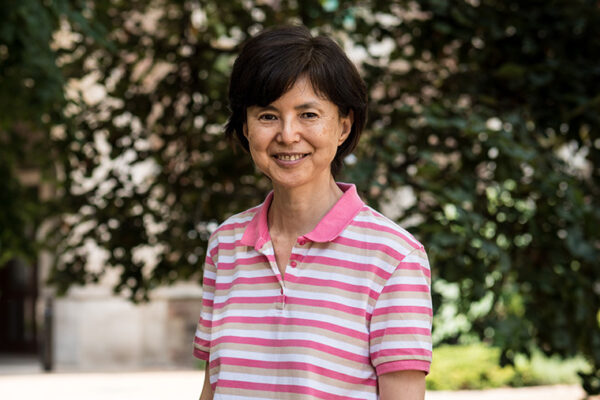The great tree migration
A new study co-authored by biologist Jonathan Myers in Arts & Sciences provides key insights into how and why tree populations migrate in response to climate change. The research was published in the Proceedings of the National Academy of Sciences.
Zacks’ talk ties movies to neuroscience
Jeffrey Zacks, professor in Arts & Sciences and the School of Medicine, will explain how and why television and movies can have such strong effects on our brains in a Mirowitz Center online program Feb. 2.
Study highlights opportunities to improve health outcomes for non-English speakers
A survey of health-care providers reveals challenges communicating and sharing information about COVID-19 with patients whose primary language in not English.
Tug of sun, moon could be driving plate motions on ‘imbalanced’ Earth
A new analysis led by geophysicist Anne M. Hofmeister in Arts & Sciences provides an alternative to the mantle convection hypothesis. The study is published in a special paper of the Geological Society of America.
Take part in Hotchner Playwriting Competition
The Performing Arts Department in Arts & Sciences is now accepting submissions for the 2022 A.E. Hotchner Playwriting Competition. All WashU graduate and undergraduate students are eligible. The deadline is Jan. 28.
Kita, Shearer win NEH fellowships
Caroline Kita, associate professor of German and of comparative literature, and Samuel Shearer, assistant professor of African and African American studies, both in Arts & Sciences, have won research fellowships from the National Endowment for the Humanities.
Center for the Humanities names faculty fellows
The Center for the Humanities in Arts & Sciences at Washington University in St. Louis recently announced its 2022-23 cohort of faculty fellows.
Wang receives NASA grant
Alian Wang, research professor in the Department of Earth and Planetary Sciences in Arts & Sciences, received a three-year $570,828 award from NASA for planetary research.
What the future holds for Ukraine, Kazakhstan
With decades of combined experience in Ukraine and Kazakhstan, Washington University social anthropologists Michael Frachetti and James V. Wertsch share their perspectives on the future of these countries following unrest.
Amari wins NASA grant
Sachiko Amari, research professor in the Department of Physics in Arts & Sciences, received a $973,810 award from NASA.
View More Stories
